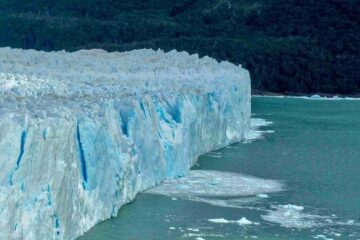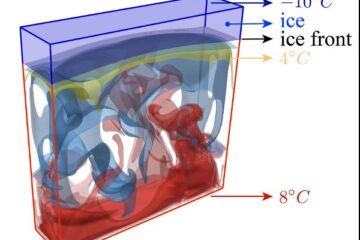Earth Sciences (also referred to as Geosciences), which deals with basic issues surrounding our planet, plays a vital role in the area of energy and raw materials supply.
Earth Sciences comprises subjects such as geology, geography, geological informatics, paleontology, mineralogy, petrography, crystallography, geophysics, geodesy, glaciology, cartography, photogrammetry, meteorology and seismology, early-warning systems, earthquake research and polar research.

The frozen permafrost in the Arctic is thawing on an alarming scale. The frozen permafrost in the Arctic is thawing on an alarming scale. By analysing an annual record of…

Scientists from Heidelberg University investigate which factors determine the stability of ice masses in East Antarctica. As temperatures rise due to climate change, the melting of polar ice sheets is…

Due to its antibacterial properties, nanosilver is used in a wide range of products from textiles to cosmetics; but nanosilver if present at high concentrations also disrupts the metabolism of…

Over the last 40,000 years, ice sheets thousands of miles apart have been influencing each other through changes in sea level. An international team of researchers with the participation of…

A better understanding of iceberg melting and lake ice formation could provide new indicators of climate change. Eric Hester has spent the last three years chasing icebergs. A mathematics graduate…

Using NASA satellite imagery and software processing approaches, a group of geoscientists has discovered a landslide-generated tsunami threat in Barry Arm, Alaska, that will likely affect tourists and locals in…